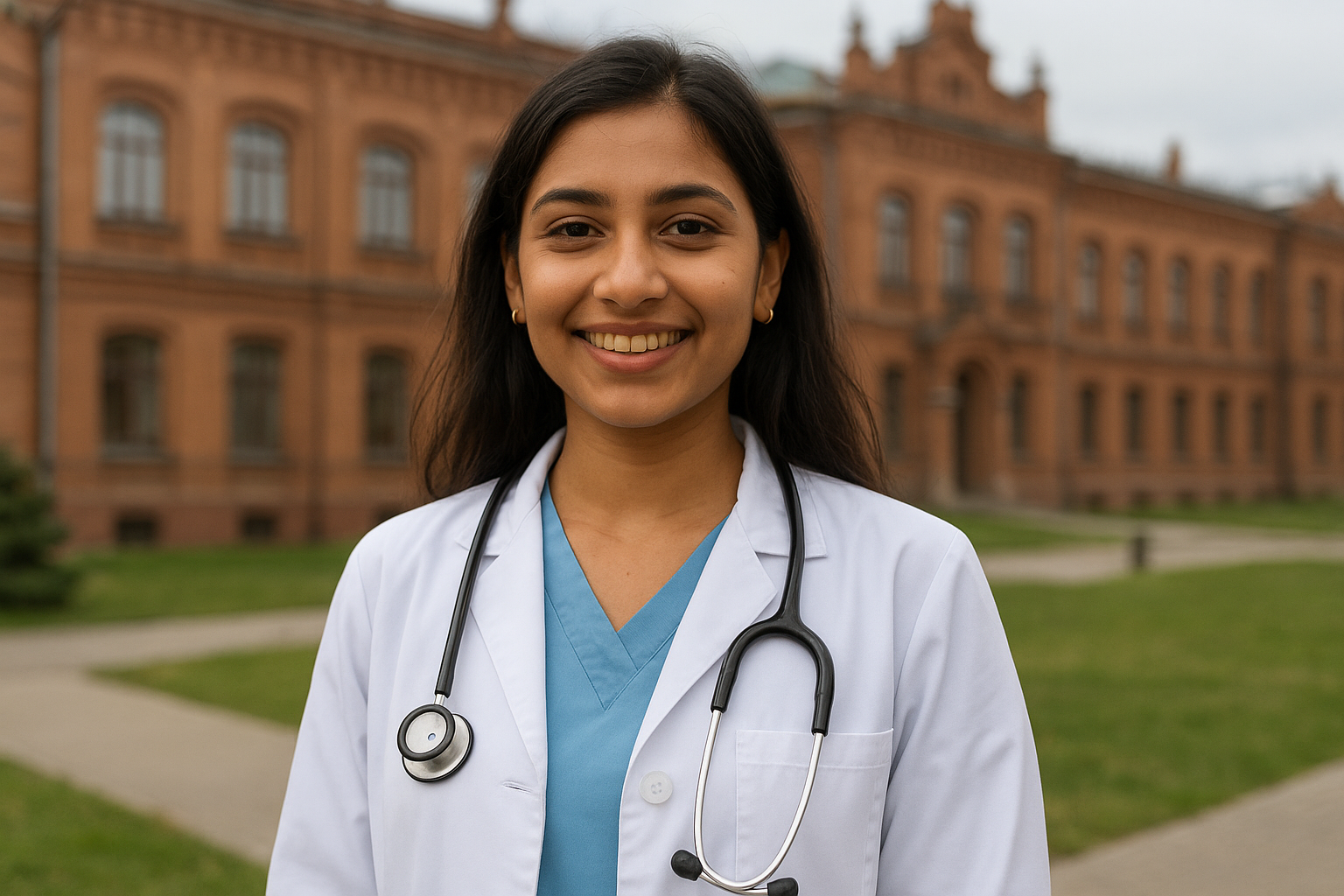
Is It Worth Studying MBBS in China
- 30th October
- 35

One of the biggest draws of studying MBBS in Russia is cost-effectiveness. Compared to many countries and even some private colleges in India, Russian medical education offers very competitive pricing.
Also, the cost of living in many Russian cities with student populations is moderate, making it more accessible for middle-income families.
Numerous Russian medical universities are listed in the World Health Organization (WHO) directory and are recognised by national medical bodies in many countries.
This means that after your MBBS in Russia, you may be eligible to appear for licensing or screening exams in your home country (for instance, in India the FMGE / NEXT) and also look at postgraduate options abroad.
Many universities in Russia offer MBBS programmes in English, tailored for international students.
Admission is often based on 12th grade marks (PCB: Physics, Chemistry, Biology) rather than extremely competitive entrance exams found in some places.
Living abroad is more than academics. Studying MBBS in Russia exposes you to a multicultural student community, cross-cultural friendships, and life skills that go beyond medicine.
Although the theoretical portion may be offered in English, many hospitals and clinical rotations in Russia require interaction in Russian. This can hamper real-world patient interaction if you haven’t learned Russian.
Also, some reports suggest that clinical exposure for international students may be less than ideal compared to local students.
Not all Russian medical universities maintain the same level of infrastructure, faculty quality, or curriculum alignment with your home country’s medical system. Choosing the right university is critical.
Russia’s long, cold winters and the lifestyle may be a big adjustment for students coming from warmer climates. Cultural norms, food, language, and homesickness are real aspects to consider.
Even though many degrees are recognised, graduates still may need to clear licensing/screening exams (e.g., FMGE/NEXT in India) to practice in their home country. The pass-rate and transition may require extra preparation.
The answer is “it depends”.
If your goal is to obtain a full MBBS degree at a comparatively lower cost, in an internationally recognised institution, and you are prepared for adaptation (language, culture, clinical differences), then MBBS in Russia can be a very good option.
However, if you expect a perfect match to the medical system of your home country from day one, minimal adaptation, or automatic licensing without extra effort, then you may face unexpected hurdles.
Yes, many Russian medical universities are listed by the WHO/International Medical Education Directory and recognised by the NMC (India) for foreign medical graduates, but graduates still must clear FMGE/NEXT to practice in India.
The tuition fees are comparatively low; some sources cite ranges from USD 4,000–6,000 per year and overall cost is much less than many private colleges in India.
While many universities offer English-medium programmes, clinical practice and daily life often require Russian. So, basic knowledge of Russian is highly useful.
Typically around 5.5 to 6 years including internship. Some variations exist depending on the university and programme.
Universities like Moscow State University (Sechenov), Kazan Federal University, and other long-established institutions are cited for good infrastructure and recognition.
Not always. Some students report lower patient-interaction in early years, language barriers, or curriculum differences which may require additional preparation when returning home.